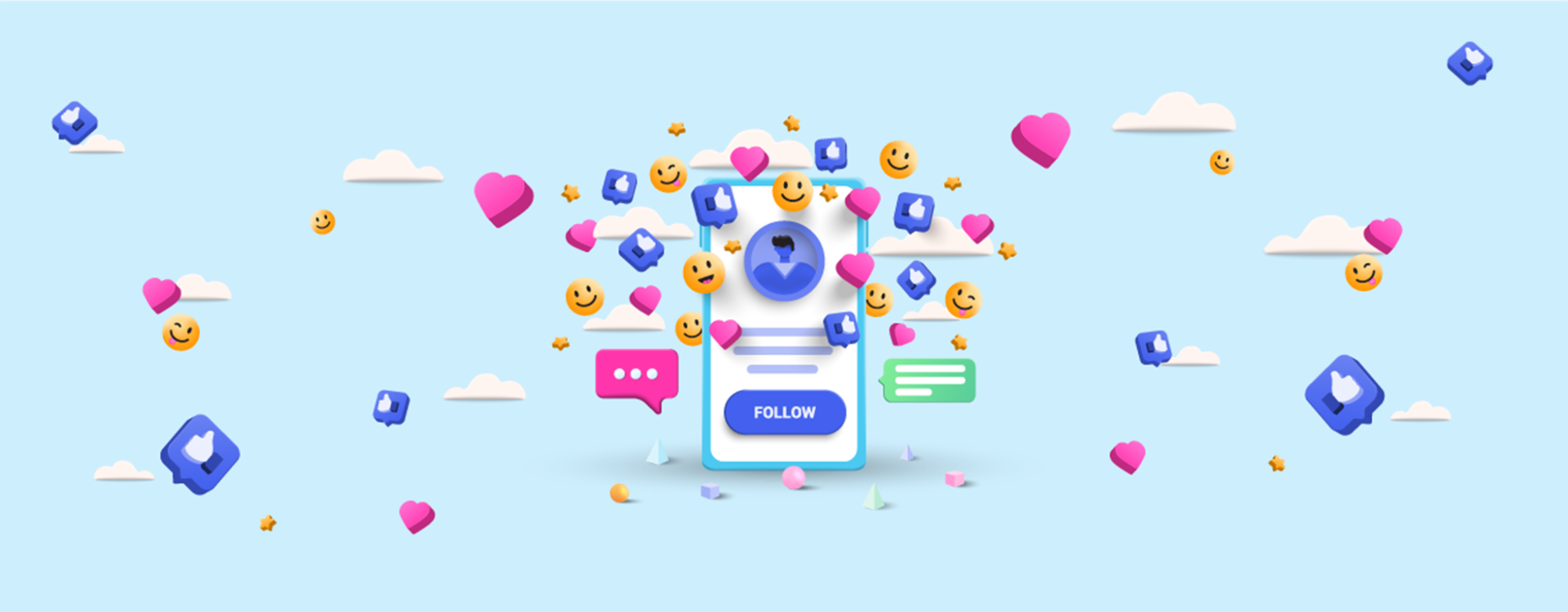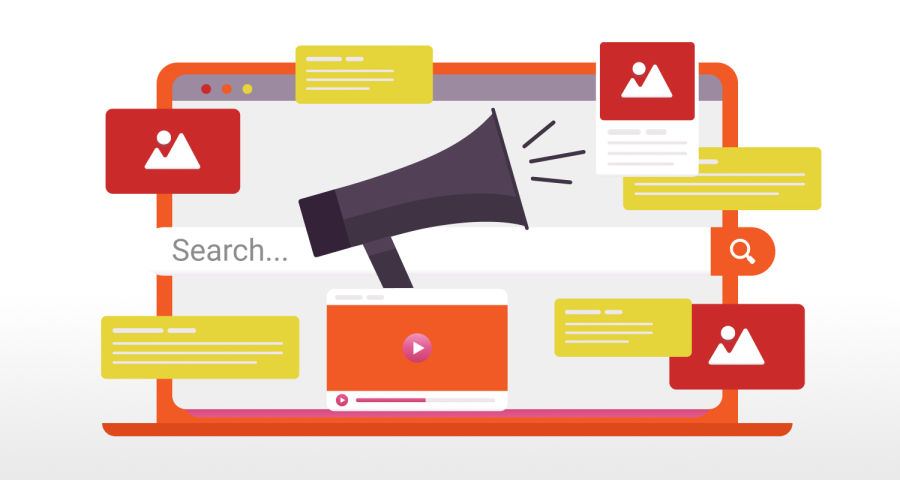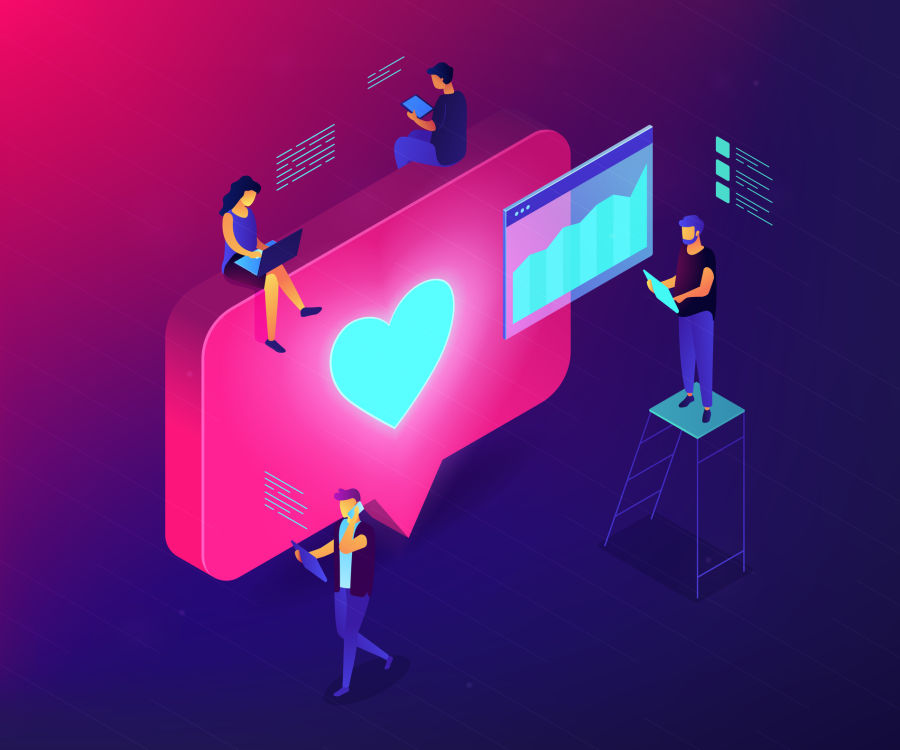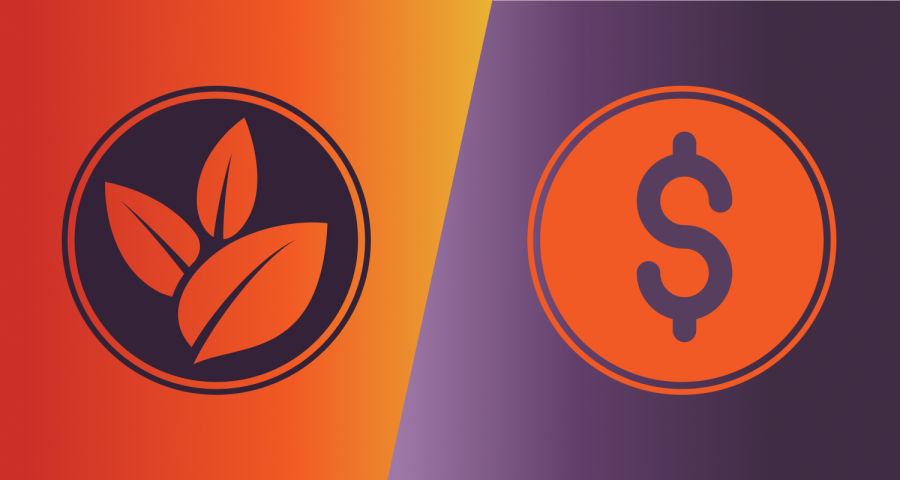//
Feb 21, 2022
3 Types of Facebook Ads (And When to Use Them)
Facebook, now a product of Meta Platforms, has proven time and time again its users aren’t going anywhere any time soon. That’s good news for businesses, both B2B and B2C.

Why Should I Use Facebook for Paid Ads?
Facebook has some of the most robust targetings for advertising around and it functions globally with around . The ad targeting granularity (though this has been changing: ) makes it perfect for both B2B and B2C audiences for really any marketing budget.
The media giant only continues to finesse its granular approach with metrics and coding tools like , a small piece of code to be added to your website that tracks your target audience’s purchasing behaviors. We’ve all experienced Facebook’s algorithms first hand.
For example: maybe you’ve commented on your friend’s FB post about needing to know how to start a website and all of the sudden you start seeing website product ads on your Facebook feed AND Instagram (because Meta owns them both).
So how do you use this technology to benefit your business? It can seem intimidating at first and unless your in-house or hired team has a marketing or SEO expert well-versed in social media, you may not even know where to start. If that’s you, read on!
Types of Facebook Ad Campaigns
There are three main Facebook ad campaign types with subtypes within the three. We’ll focus on:
- Awareness Campaigns: used to engage existing customers.
- Consideration Campaigns: When a potential customer becomes interested in and considers your brand, product, or service as a solution for their pain points, these ads can help to influence consideration.
- Conversion Campaigns: When a potential customer makes a decision to purchase converting them into a customer

1. Facebook Ad Awareness Campaigns: Engage Existing Customers
These campaigns aim to create, you guessed it, awareness of your company, what it stands for, and what solutions it has for your target audience.
Awareness campaigns inform Meta (Facebook) Pixel but do not train for conversions. These types of campaigns are often used in top of funnel and ABM (Account-Based Marketing) campaigns and plenty of other uses. Within awareness campaigns, there are:
- Brand Awareness Campaigns: These campaigns’ objectives are to show people ads who are most likely to remember your brand. Perhaps they’ve viewed previous ads? Maybe you are asking for reengagement. Either way, your targeted audience is aware of your brand. Using the tools mentioned above, Facebook can give ad lift metrics to show the number of estimated people who will remember your ad within two days of seeing it.
- Reach Campaigns: ‘Reach’ refers to the number of people who have seen your content and ads, so the goal of a reach campaign is to get your ads to the maximum number of people within the audience constraints. These campaigns are helpful when you need to gather information on how well your audience relates and engages with your ads. If they take it, we know we are reaching the right audience.
When Should I Use Awareness Campaigns?
- To create brand or product awareness
- When you want to nurture leads
- If you want to leverage automation
- If you have a lower ad budget, awareness campaigns are low-cost campaigns that try to expand top-of-mind awareness interest at a maximum frequency (impressions/ reach = frequency).
Pro-Tip: While awareness campaigns bring just that, awareness, they’re not the best for conversions and lead generation.
2. Facebook Ad Consideration Campaigns: Influence Potential Customers' Consideration

These campaigns focus on action. Traffic, engagement, and app downloads rely on your audience taking action. Types of consideration campaigns on Facebook include:
Traffic Campaigns:
These ads focus on sending people to your website, app, or Facebook event or letting them click CTA’s to connect with your company.
Ad Engagement Campaigns:
on Facebook get people talking about, interacting, and communicating with your company and brand. It’s the ‘social’ part of social media marketing! You can do this by boosting ads (paid or organic), pages, or event promotion.
App Install Campaigns:
In marketing, you should always be mobile-minded. Most people view their Facebook accounts on their phones, so it only makes sense to run an app-install campaign to make it convenient for your user to install the app from your Facebook ad directly. App-install campaigns are straightforward; however, they can require the assistance of a developer to implement tracking, which works by registering your app with Facebook and implementing the Facebook Software Dev Kit (.)
Facebook Lead Generation Campaigns:
focus on collecting information from interested leads. Use forms, calls, or chats directly on your ads. Using Facebook’s intuitive algorithms, some form fields can be auto-populated based on information ALREADY in the user’s profile, creating ease of use and eliminating user fatigue and frustration.
Direct Messaging Campaigns:
Use to show people ads that allow them to engage with your team on Facebook Messenger, WhatsApp, and Instagram Direct. These campaigns are best for cart abandonment in e-commerce.
When Should I use Consideration Campaigns?
- When you are focusing on getting traffic to a page or particular event.
- Often can be used in conjunction with awareness campaigns.
- If you want to collect data in your Facebook Pixel and are not strictly conversion-focused.
- Your objective is to collect more page likes, event responses, or post reactions, comments, or shares.
- When you need to focus on building an online presence and increasing followers rather than getting clicks to a specific landing page.
- These are great for event registration, sign-ups, and downloads.
3. Facebook Ad Conversion Campaigns: Acquire New Customers
train the pixel for conversion actions and events. These are usually custom conversions but can be any of FB's preconfigured conversion events.
Facebook will show your ads to the most likely people to take action, whether purchasing from you or contacting your team from your website.
Conversion campaigns are the best to run when you have both conversion and cost data in your account. This data allows you to evaluate your audience targeting alongside business-objective results and milestones.
Types of Conversion Campaigns:
Catalog Sales Campaigns:
Use your target audience to show people ads of items from your catalog that can be displayed as a . It can be dynamic ads, which adjust based on user interests and searches online.
Store Traffic Campaigns:
Show your ads to people most likely to visit your physical stores when they're near them. Can optimize for conversions but often requires offline conversion tracking to capture actions off of Facebook. These campaigns are great for showcasing carousel ads that show multiple videos and images of various products that drive local traffic to physical storefronts.
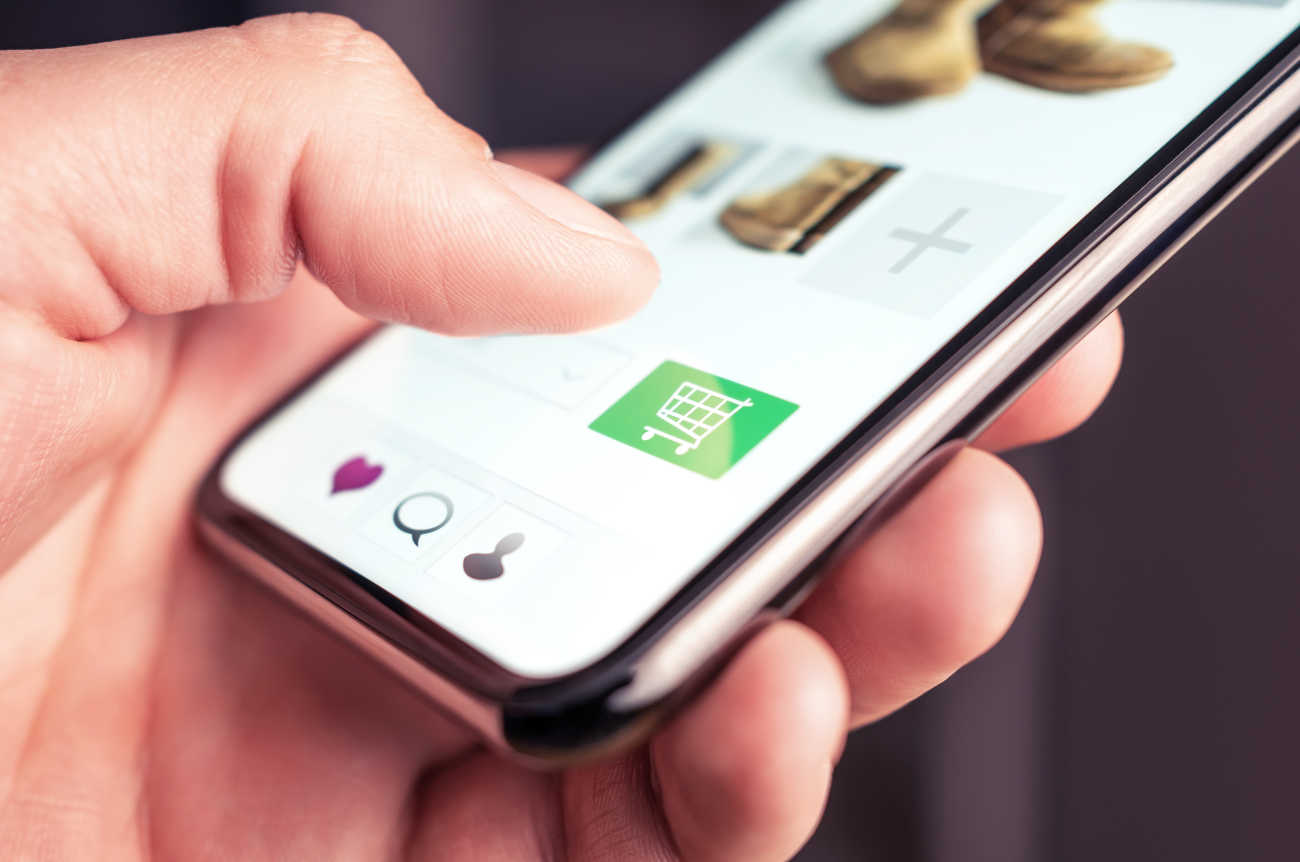
When Should I Use Facebook Ad Conversion Campaigns?
Facebook algorithms and marketing tools have achieved this level of ad targeting granularity EXACTLY because of the multiple products within its mix that speak to different aspects of, in many cases, an overlapping audience. Use them:
- When you have more than one product, you want to advertise, especially as an e-commerce shop or local storefront.
- When you need a product ecosystem that supports advertising at scale for businesses big and small
Pro Tip: testing slight variations in your ad’s content. You can quickly and easily duplicate ads and make subtle changes to see how engagement is impacted.
General best practices for Paid Facebook Ads:
- Always take a testing approach: It's essential always to have a mix of content and delivery. Everyone's different, so reactions to your ads will be too! The best way of producing ads that will work is by testing each option and discovering what resonates with your target audience the most. This approach applies not only to Facebook ads but also to your entire .
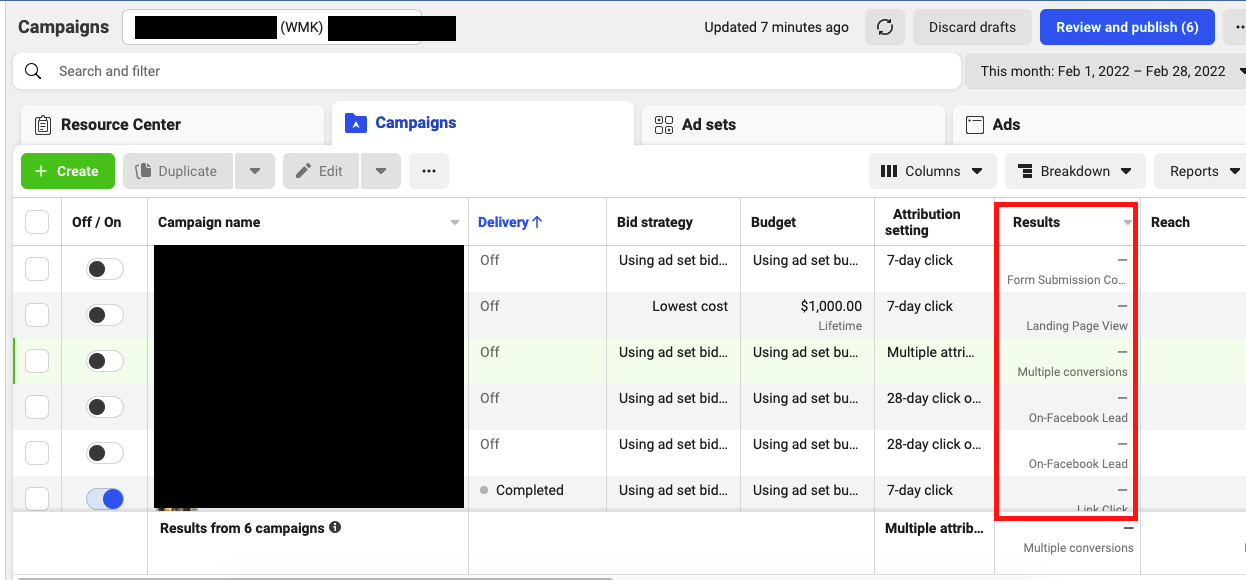
- Remember, your paid ads won't just be on Facebook, but on Instagram too: It might be common terminology to call them 'Facebook ads,' but know that your ads will also show up on Instagram. Don't worry, you'll still be able to choose where the ads are placed in either platform: in the feed, as part of stories, or Instagram's reels.
Pro-Tip: Actually, Instagram has a than on Facebook, so take that into account when determining who might engage with your ads.
- Boosted Organic Posts Aren't the Same as Paid Ads: You don't just boost and promote your organic Facebook or Instagram posts. , but paid ads are more targeted and have intentional objectives.
Pro Tip- What to do if your targeted ads aren’t getting any engagement: It's possible Facebook's ad platform may work its magic and promise highly targeted ads delivered to whatever lists of people you feed it from a CRM or website/ app users from your Pixel. However, those audiences need to consist of tens of thousands of people for Facebook to come away with just a handful of matches.
Conclusion:
The key is to understand your to produce ads catered to them that are relevant and highly targeted. The more information you can feed your Facebook Ads account and Pixel gives you a better chance of finding lookalike Facebook visitors that will respond to your ads and expand your overall reach.
When in doubt, hire a team of Social Media marketing experts to help!
If your budget allows, it may be beneficial to bring on a team to manage your Facebook Ad campaigns–or at the very least get them up and running. And hiring a team that knows how to implement social media ads into an entire Inbound marketing strategy would take your marketing budget further.
Thumb-stopping Facebook ads are just one part of the that we put into motion for all of our clients. We back up the Facebook ads we create with a robust inbound marketing strategy after the click.
Considering hiring a team of Inbound experts? We'd love to hear from you.

